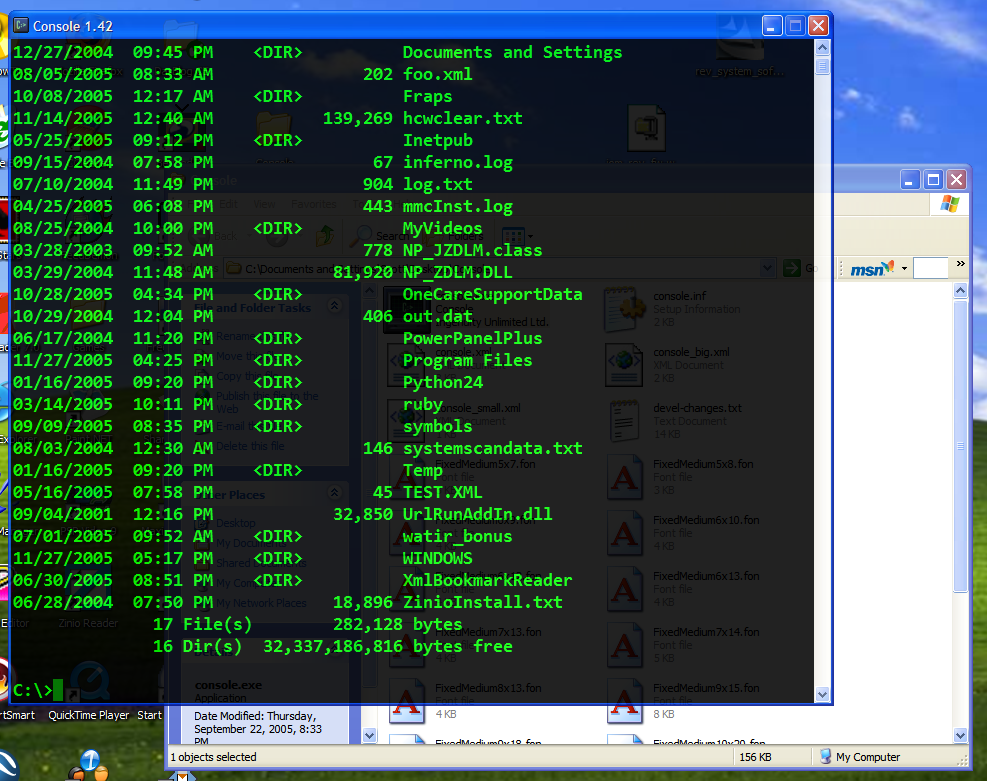

Without this option if the search string contains multiple words, separated with spaces, then findstr will return lines that contain either word (OR). Options used by the findstr command in the example above: Option PS C:\> Select-String " ^SEARCH.*STRING$" file.txt Grep a file for a pattern that matches a regular expression (case insensitive): # Windows CMDĬ:\> findstr /i /r /c:" ^SEARCH.*STRING$" file.txt PS C:\> Get-Alias | Out-String -Stream | Select-String "curl" If a command in PowerShell returns some objects, before parsing, they should be converted to strings using the Out-String -Stream command: # Windows CMD

PS C:\> netstat -na | Select-String " PORT" Output is just the file name with extension. Grep the output of a netstat command for a specific port: # Windows CMD There can be used in a Windows command prompt window: for /R I in (.txt) do echo nxI That results in searching recursive because of option /R in current directory and all its subdirectories for non-hidden files of which long or short 8.3 file name is matched by the wildcard pattern. In a Windows PowerShell the alternative for grep is the Select-String command.īelow you will find some examples of how to “grep” in Windows using these alternatives.Ĭool Tip: Windows touch command equivalent in CMD and PowerShell! Read more → Grep Command in Windows Under Launch mode, select Focus (or Maximized focus. To set focus mode to launch every time you start Windows Terminal, open the Settings ( Ctrl + ,) and select the Startup tab. The findstr command is a Windows grep equivalent in a Windows command-line prompt (CMD). To enter focus mode, open the command pallette using Ctrl + Shift + p, enter 'focus mode', and select 'Toggle focus mode.' To exit focus mode, repeat these same steps.

The grep command in Linux is widely used for parsing files and searching for useful data in the outputs of different commands.


 0 kommentar(er)
0 kommentar(er)
